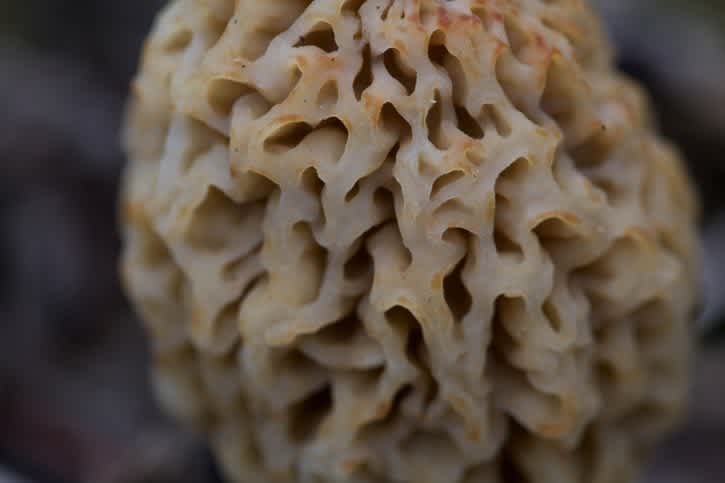Morel Hunting 101: Tips for Finding More Fungi
OutdoorHub Reporters 04.22.19

Morel hunting has reached an almost cult like status. Once the daytime temperature begins to hit 70 and the nights hover around 50, then it’s time for hunters to start hitting the woods.
These mushrooms can be found across almost the entirety of the US, but have different growing seasons depending on the conditions. They begin to fruit out west and down south first, and then as the weather warms, they slowly creep north.
It is one of the most sought-after edible mushrooms. The recommended way to cook them is to lightly sauté in butter with salt and pepper to taste. The flavor that comes through is supposed to be similar to a sirloin steak.
Similar to fishing, you spend a lot of time just looking, and then once you’ve found it you stop slow down to work an area to make sure you have caught them all. Also, hunters are very secretive with their spots. They don’t want anyone coming in and poaching an area that they worked hard to find.
Many of these hunters have trained their eyes to locate the tiny brown Christmas tree shaped delicacies. They’re usually hiding out near fallen trees and the edges of the forest, especially after a good rain.
Hunting for this fungus has been a spring time activity for a lot of people but has remained a pretty well-kept secret. But the internet has helped bring it to light. Ron Cook of Missouri runs a popular Morel hunting page on Facebook with over 90,000 followers. “We’re in for an epic morel season in Missouri,” said Cook. “The conditions are really right for them. The season ahead will be one of our more fruitful ones than we’ve had in the last couple of years.” These “shroomers” all work together on social media to let each other know when the morels are beginning to fruit. It’s here they also share recipes, tactics and hunting tips.
You can read more about Morel Mushrooms here.

